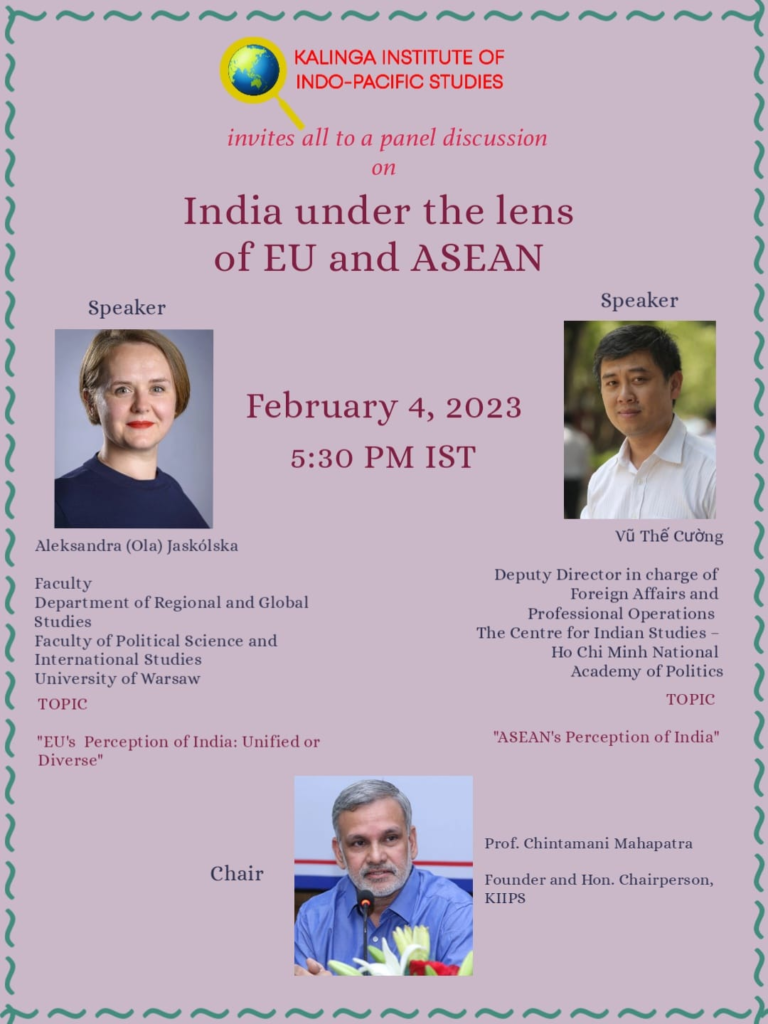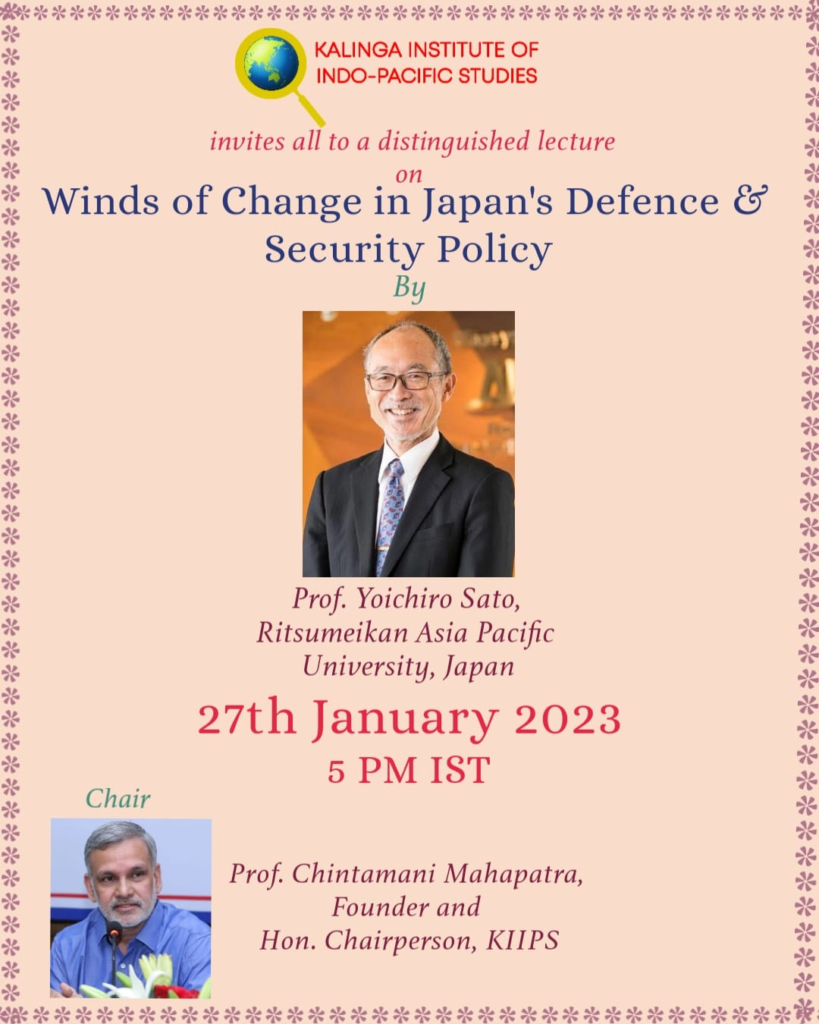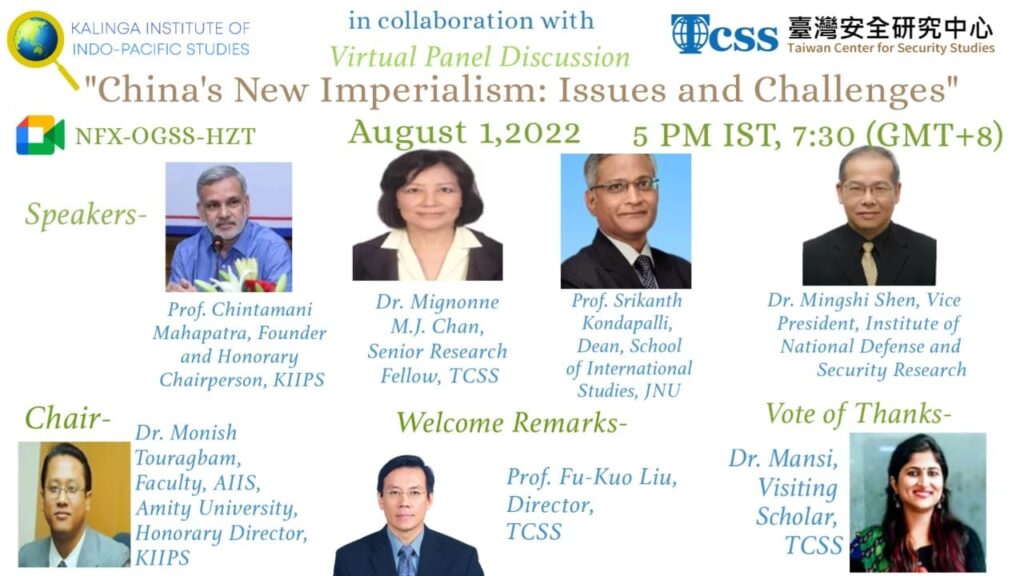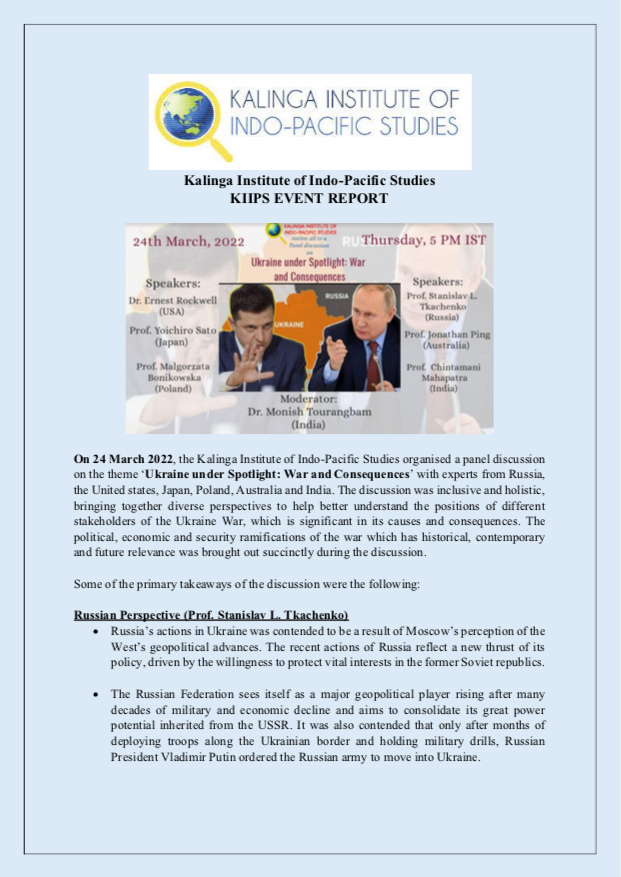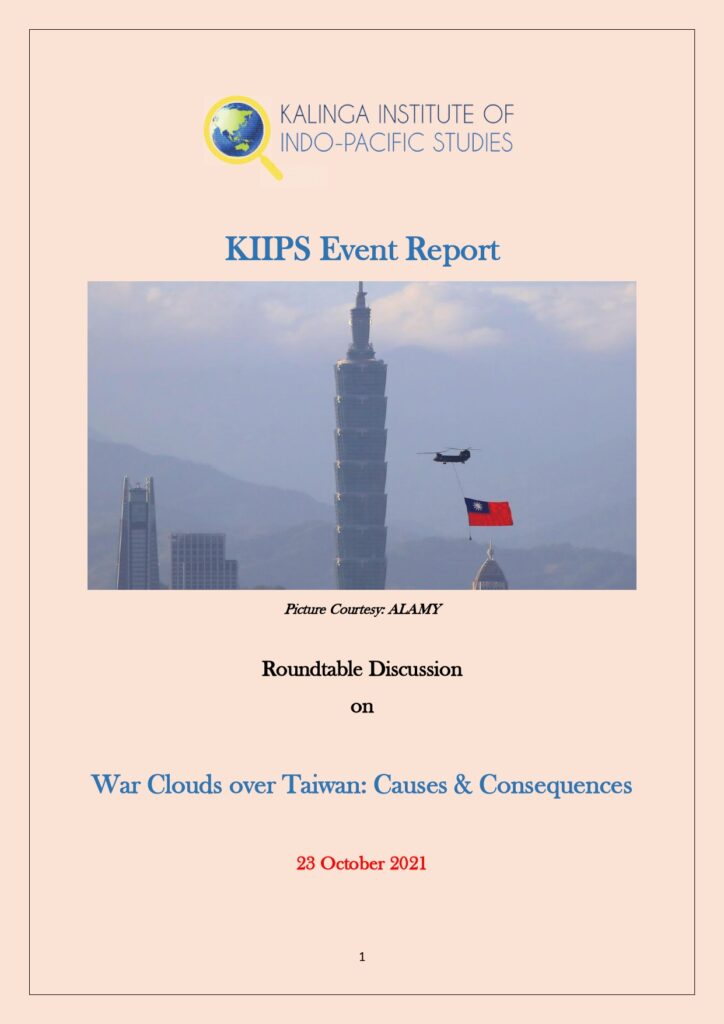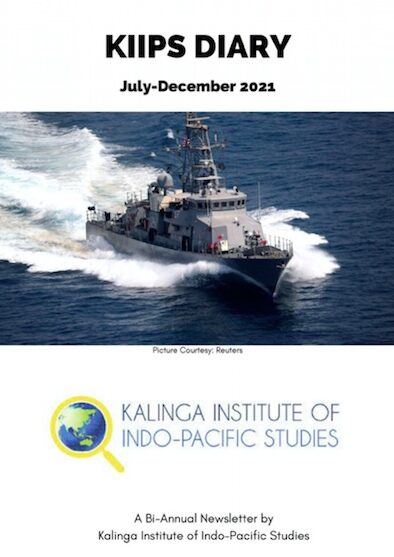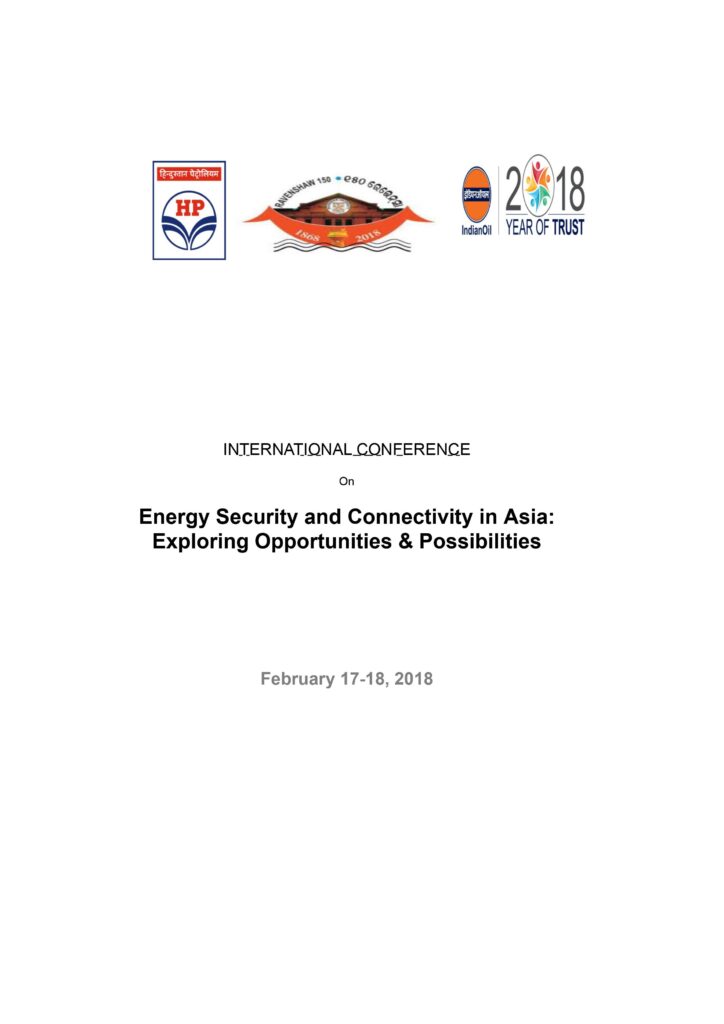India under the Lens of the EU & ASEAN
Kalinga Institute of Indo-Pacific Studies held a Panel Discussion on the topic ‘India under the Lens of the EU & ASEAN’ on February 4, 2023. While the relation of India with EU are more modern and informed by its colonial past, its relation with ASEAN states are ancient and more cultural-traditional in nature rather than commercial or strategic.
With the renewed efforts of the Modi regime to invigorate India-EU and India-ASEAN ties, the virtual panel discussion brought together expert voices from Poland and Vietnam to highlight the ongoing areas of cooperation and the possible roadblocks that are hindering the strengthening of ties of these two blocs of states with India.
The summary report can be downloaded here.
Winds of Change in Japan’s Defence and Security Policy
Kalinga Institute of Indo-Pacific Studies as a part of its ongoing Distinguished Lecture series held a talk by Prof. Yoichiro Sato on the topic ‘Winds of Change in Japan’s Defence and Security Policy’ on January 27, 2023. The talk is very relevant considering the recent developments in the region and the changing strategic posture of both Japan and South Korea.
The summary report can be downloaded here.
China’s New Imperialism: Issues and Challenges
The Kalinga Institute of Indo-Pacific Studies (KIIPS) in collaboration with the Taiwan Center for Security Studies (TCSS) organised a virtual panel discussion on theme ‘China’s New Imperialism: Issues and Challenges’ on August 1, 2022. China’s rapid rise in the military and economic realms has provoked intense discussion and debates in policy and academic circles across the world. While China’s military modernization and power projection is being largely felt in the Western Pacific Ocean, its politico-economic adventurism in the Indian Ocean and blatant military aggression along the India-China border has largely diminished its claim of being a peaceful power. China’s ambitious yet controversial Belt and Road Initiative (BRI) traversing across the Indo-Pacific and beyond includes infrastructure building and financing, which are far from being consultative, transparent, and ethical. In this context, the virtual panel discussion brought together experienced and expert voices from India and Taiwan to decipher the issues arising from China’s aggression and unravel the implications of its actions for the stakeholders of a free, open, inclusive, and rules-based IndoPacific.
The summary report can be downloaded here.
Ukraine under Spotlight: War and Consequences
The Kalinga Institute of Indo-Pacific Studies organised a panel discussion on the theme ‘Ukraine under Spotlight: War and Consequences’ on March 24, 2022, with experts from Russia, the United states, Japan, Poland, Australia and India. The discussion was inclusive and holistic, bringing together diverse perspectives to help better understand the positions of different stakeholders of the Ukraine War, which is significant in its causes and consequences. The political, economic and security ramifications of the war which has historical, contemporary and future relevance was brought out succinctly during the discussion.
The summary report can be downloaded here.
Roundtable Discussion on War Clouds over Taiwan: Causes & Consequences
The Kalinga Institute of Indo-Pacific Studies organised a Roundtable Discussion on the theme ‘War Clouds over Taiwan: Causes & Consequences’ on October 23 2021. The discussion brought different perspectives to the Taiwan flashpoint following China’s aggressive military posturing in the Taiwan Straits and its consequence not only for Cross Strait relations, but also regional peace and stability in the Indo-Pacific region. The discussion brought to the forefront the diverse perspectives from the point of different stakeholders of the Indo-Pacific, and also the internal and external dimensions of policymaking in the two principle actors, the People’s Republic of China (PRC) and the Republic of China (ROC).
The summary report can be downloaded here.
Brainstorming Session on Quadrilateral Security Dialogue Initiative: Prospects and Challenges
The Kalinga Institute of Indo–Pacific Studies (KIIPS) organised a Brainstorming Session on the theme ‘Quadrilateral Security Dialogue Initiative: Prospects and Challenges’ on August 7, 2021, bringing together experts from all the Quad member countries, and also from Canada and the European Union. During the session, the experts reflected on the convergences and divergences of perspectives regarding Indo–Pacific affairs and the future of the Quad. The genesis of the Quad, its current status and its future formed the major focus of the discussion among the panelists. The discussion covered both the security and economic dimensions of the Quad, with a number of contending points on what the Quad is and what it is not; what it should be and what it should not be.
The summary report can be downloaded here.
International Conference On Energy Security and Connectivity in Asia: Exploring Opportunities & Possibilities
The conference was organized jointly by KIIPS & Department of Political Science, Ravenshaw University on February 17 and 18, 2018 to explore how a collaborative mechanism could be established whereby all regions of Asia would cooperate and coordinate to ensure proper and judicious use of scarce energy resources. The conference reflected on the options for cross-regional and multilateral solutions in the energy sector to achieve greater Regional Energy Connectivity and to develop a regional ‘vision’ for cooperative framework and policy coordination among different regions of Asia for achieving energy security and connectivity. The conference also suggested ways for promoting and facilitating inter-country energy development opportunities and ways to assess the current energy situation of the region and formulate a Common Strategy to address regional energy concerns and to devise ways and means through which India can achieve greater connectivity and energy security through partnership with other Asian countries for gaining regional and international competitiveness.
![]()


